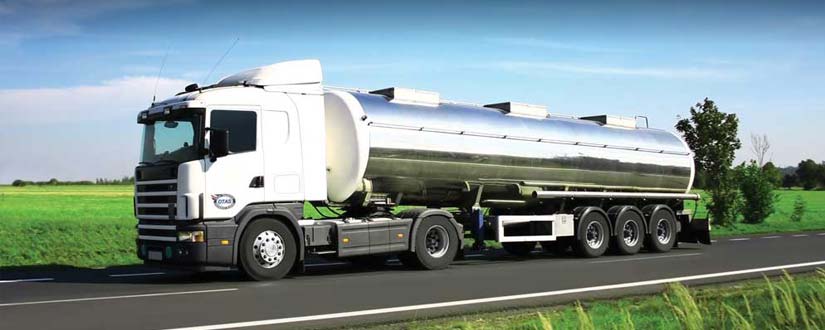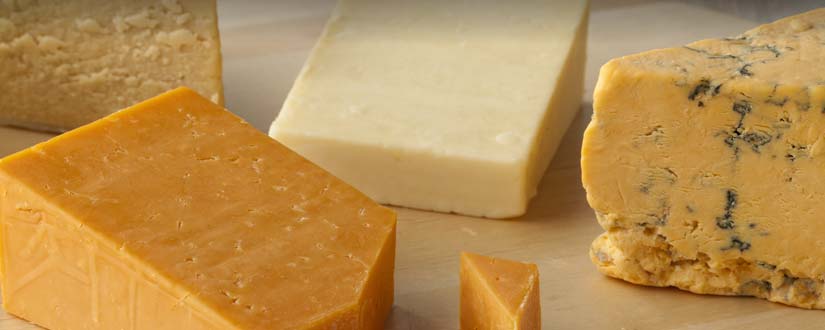Disease management, vet and farmer partnerships and overseas practice will be the major talking points at the Action Johne’s Conference on Tuesday 7th February 2017 at the Sixways Stadium in Worcester.
Building on the success of the 2015 conference, the 2017 event will look at the progress of the Action Group on Johne’s and the implementation of the National Johne’s Management Plan. The morning session will also include four farm case studies providing examples of successful implementation of the National Johne’s Management Plan control strategies, presented by farmers and vets.
The first case study focuses on biosecurity and how the team at Redlands Farm worked with their vets to implement a biosecurity strategy based on a closed herd. Delegates at the conference will hear directly from farmer and vet about the cost and time implications of the strategy as well as the benefits to the whole farm. “The benefit is the pride we have in not having the disease on farm” says Christopher Gasson, partner at Redlands Farm and vet at Hook Norton Veterinary Group. “This is the result of not having losses associated with the disease, including loses from culling, and other related cow health issues such as increased lameness, somatic cell counts, poor fertility and reduced milk yields. It is difficult to put a financial cost on these; however, there are many reports on the drain that they cause.”
The other conference case studies cover improved farm management, focusing on breaking the cycle of disease transmission from cow to calf through management changes across the whole herd and improved farm management with strategic testing. Farmer Kate Lywood and vet Ben Brearley from The Livestock Partnership will be looking at strategic individual cow testing to identify those cows most at risk of spreading Johne’s disease and implementing management changes to break the cycle of transmission between cows posing the highest risk. David Hiscox, Westlay Farm, Somerset and vet Rachel Hayton, Synergy Farm Health will present their case study on improved farm management with test and cull focusing. The study looks at the immediate culling of test positives rather than retaining and managing them; an option most suited to low prevalence herds where quick removal of infected animals is preferred.
Lyndon Edwards, Chair of the Action Group on Johne’s says: “The Conference will launch Phase II of the Action Johne’s Initiative and is aimed at anyone interested in the management and reduction of Johne’s disease. The conference is an opportunity to get practical insight and advice about the disease and its control as well as an opportunity to meet with others in the dairy supply chain and work together for a more coherent approach in dealing with Johne’s.”
Delegates will also hear from Karen Bond, Chair of the Johne’s Technical Group on the training for vets developed by the BCVA and on the Technical Manual for the scheme and from Anthony Barber of Barber’s Farmhouse Cheesemakers giving a processor’s perspective on the implementation of the National Johne’s Management Plan. The afternoon programme starts with an interactive session led by Pete Orpin of the Park Veterinary Group on the best way of obtaining farmer engagement followed by an overview of practice in other countries by Dick Sibley of West Ridge Veterinary Practice. Lyndon Edwards, will then talk about the requirements of phase II of the Action Johne’s Initiative and the conference will close with a presentation by Sophie Throup of RAFT Solutions, on the support provided by the Action Johne’s Delivery Team and the services available from industry suppliers.
To register for the conference please e-mail pdawson@dairyuk.org giving the name, company, position, postal address, email address and mobile number of the delegate(s) you wish to register. To cover venue hire and catering costs a small fee of £60 will be charged for each delegate. An invoice will be issued by Dairy UK.
For more information about the Action Johne’s Conference visit www.actionjohnesuk.org.








